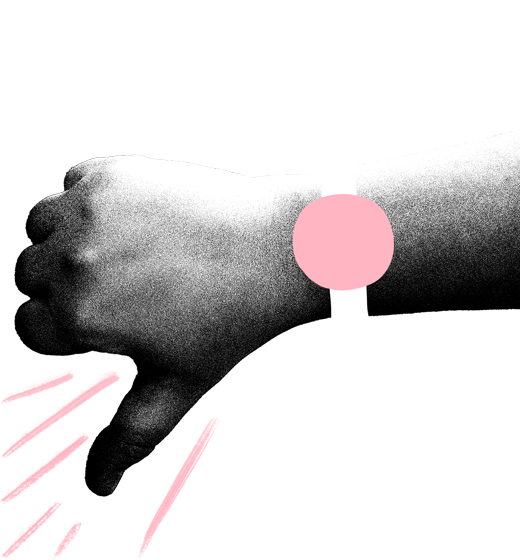
Happy Now?
Opening Night: February 9, 2010
Closing: March 21, 2010
Theater: 59E59 Theaters
A chance encounter at a hotel plays upon Kitty’s mind in the dark comedy Happy Now? by Lucinda Coxon, as she struggles to balance personal freedom with family life, fidelity and a demanding job. Her husband is more interested in misplaced apostrophes than in their marriage, her parents are looking down the barrel of oblivion, and although she toys with the idea of joining a gym, Kitty’s running out of time for big changes. Happy Now? dares to ask just that, in this painfully truthful, darkly comic take on contemporary life and how to survive it.
BUY TICKETSREAD THE REVIEWS:
February 10, 2010
The question mark in the title of Lucinda Coxon’s play “Happy Now?” suggests the jittery tone that underlies much of this trenchant comedy about the emotional hurdles of midlife.
READ THE REVIEWFebruary 9, 2010
Poor Kitty. Her father and her boss are dying, she can’t stand her mother, her best friends’ marriage is breaking up, her job at a cancer charity is incredibly demanding, and her husband doesn’t want to kiss her anymore. But what really sets her off is a pass from a clownish stranger at a conference. That flirtation gets under Kitty’s skin and causes her to question all her assumptions about her chaotic life and how happy she is with it. That’s the basic outline of British playwright Lucinda Coxon’s "Happy Now?," currently being presented by Primary Stages after runs at London’s National Theatre and at Yale Rep.
READ THE REVIEWFebruary 10, 2010
Lucinda Coxon delivers an uncompromisingly bitter portrait of two unhappy marriages in Happy Now?, now being presented by Primary Stages at 59E59 Theaters. While the production is filled with outstanding performances, it is directed with a heavy hand by Liz Diamond, and the work ultimately proves to be too unpleasant to be deemed enjoyable or truly satisfying.
READ THE REVIEWMarch 6, 2010
British playwright Lucinda Coxon’s new play Happy Now?, which had its world premiere in the spring of 2008 at London’s National Theatre, begins with a sexist joke told in a hotel bar. Our modern-day thirtysomething everywoman heroine, Kitty, has found herself face-to-face with the caddish but honest Michael, a fortysomething published researcher-slash-jokester who expresses his admiration of her presentation.
READ THE REVIEWFebruary 8, 2010
Shortly into the New York premiere of Lucinda Coxon’s Happy Now?, the answer to the title’s question, for both the main character of Kitty (Bacon) and the audience, becomes ominously clear: Kitty and we are not very happy now, no; and we are unlikely to be happy, in fact, for at least the next two hours or so. In Kitty’s case, it is because she feels tense and empty despite having achieved what people like her are supposed to want: a stable marriage, healthy kids, a substantial career, a homosexual best friend (Brian Keane) who is kind and funny and lonely. In our case, it is because, unlike the stock gay pal, we have limited patience for Kitty and her emotional litter.
READ THE REVIEW






















